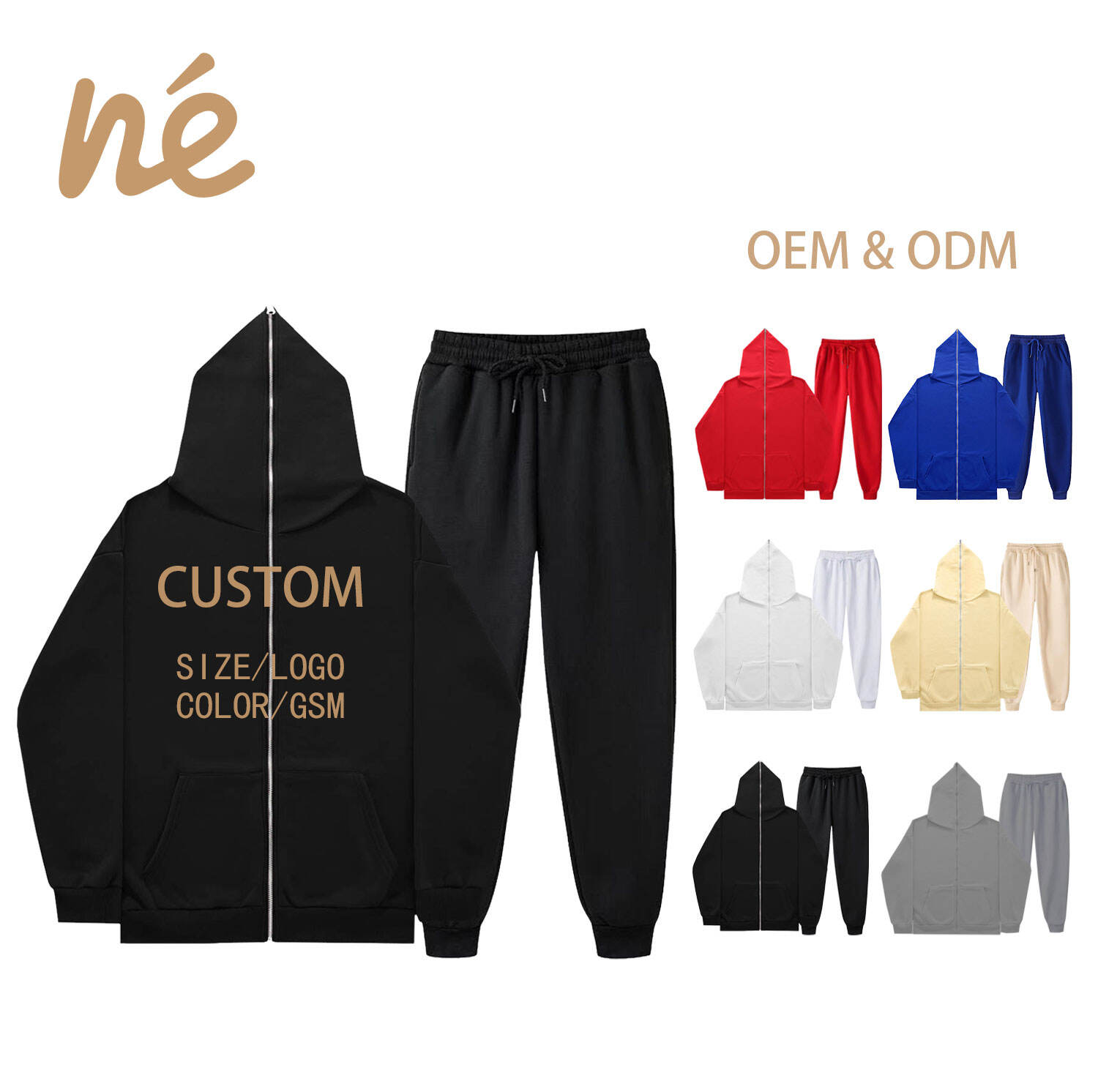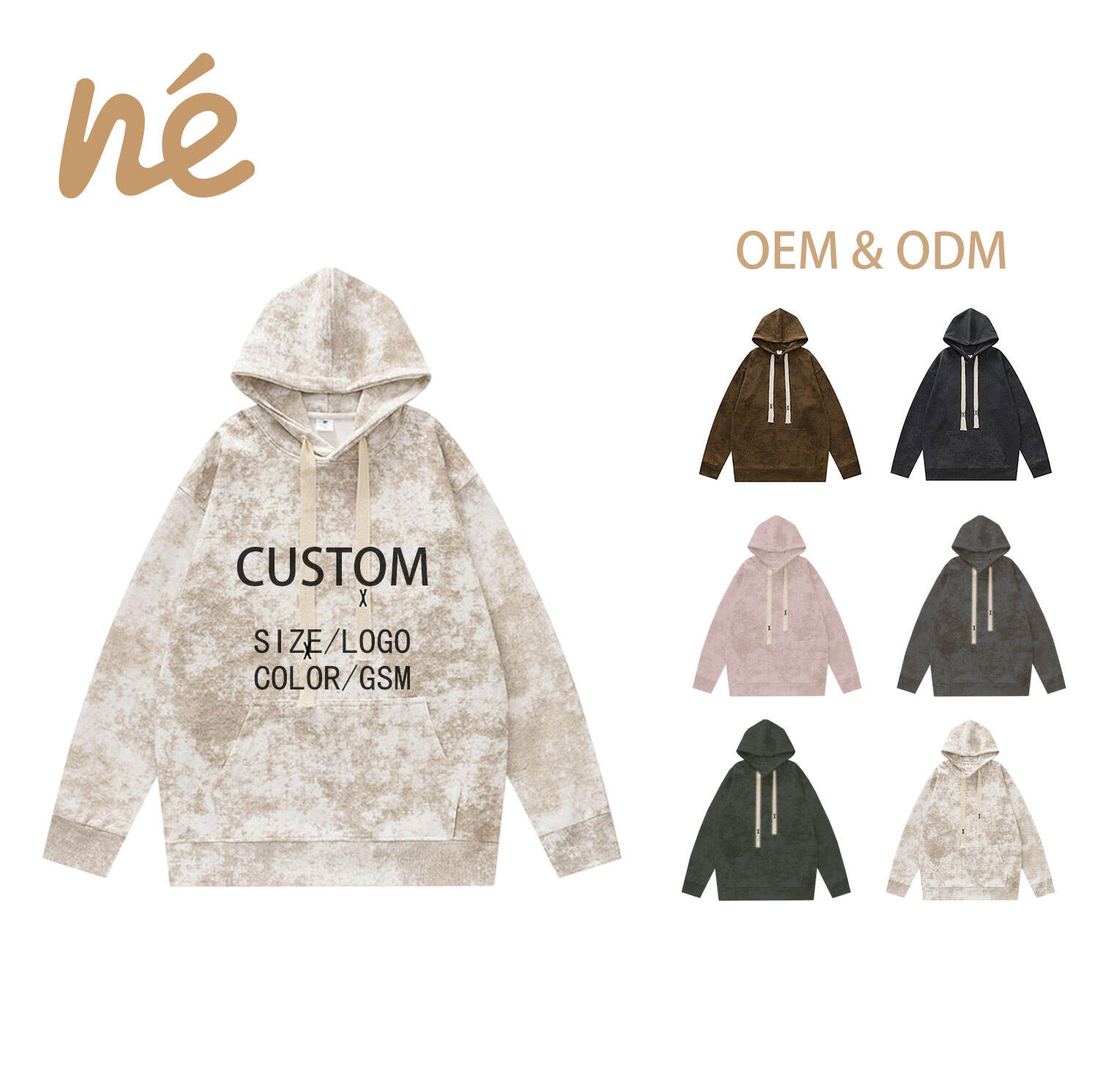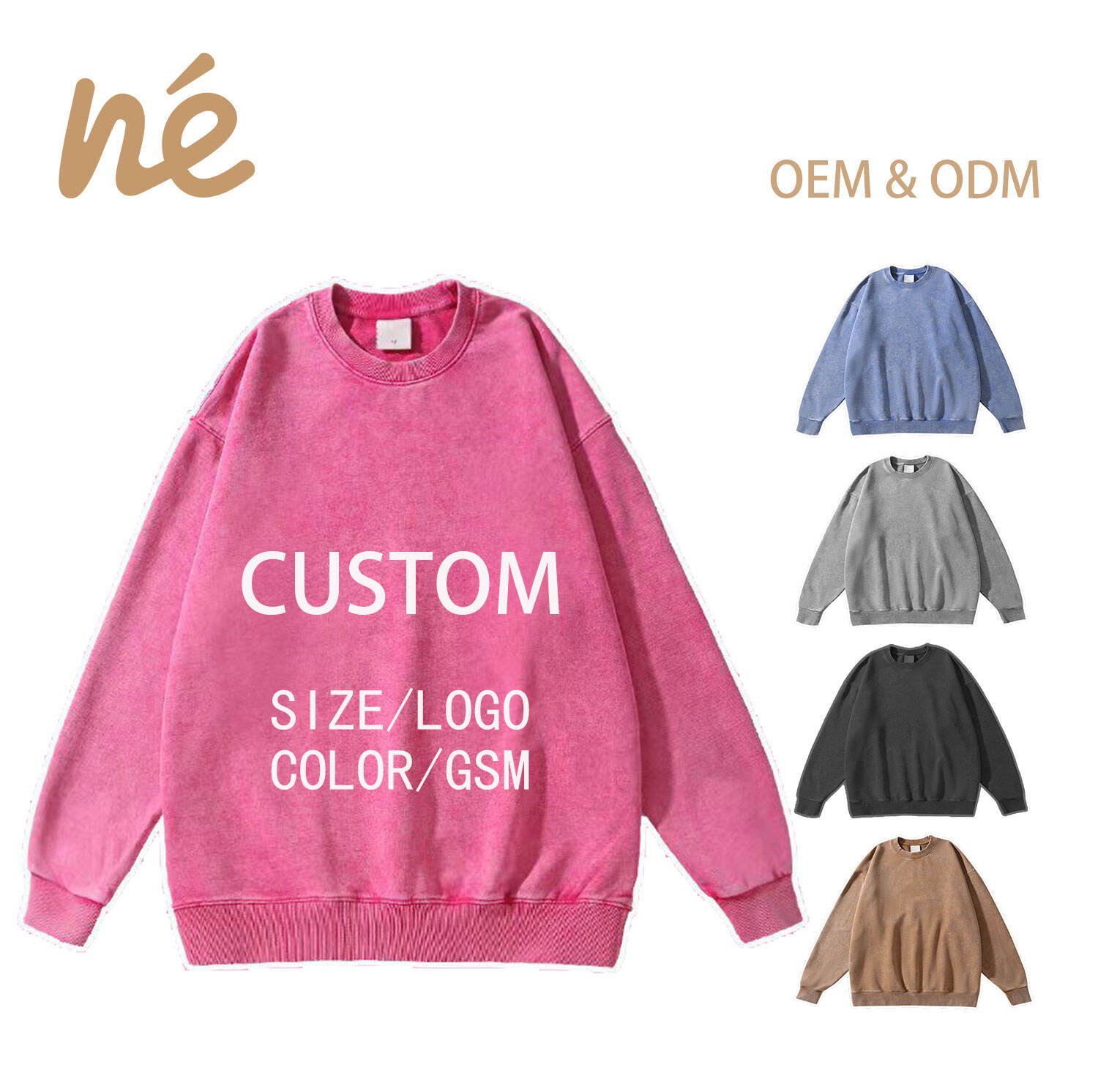plain t shirt manufacturer
A plain t shirt manufacturer represents a vital component in the global apparel industry, specializing in the production of high-quality basic garments that serve as essential wardrobe staples. These manufacturing facilities employ state-of-the-art equipment and innovative production techniques to create t-shirts that meet diverse consumer needs. Modern manufacturers utilize advanced textile processing methods, incorporating automated cutting systems, precision stitching machinery, and quality control technologies to ensure consistent product excellence. The facilities typically feature specialized departments handling everything from fabric selection and cutting to sewing, finishing, and packaging. Many manufacturers now implement sustainable practices, using eco-friendly materials and energy-efficient production processes. They often maintain extensive supply chain networks, enabling them to source premium materials while managing costs effectively. These facilities can produce thousands of units daily, offering various fabric options including cotton, polyester, and blended materials, with capabilities for different weight categories and finish types. Quality assurance systems monitor every production stage, from raw material testing to final product inspection, ensuring durability and comfort in the finished products.











